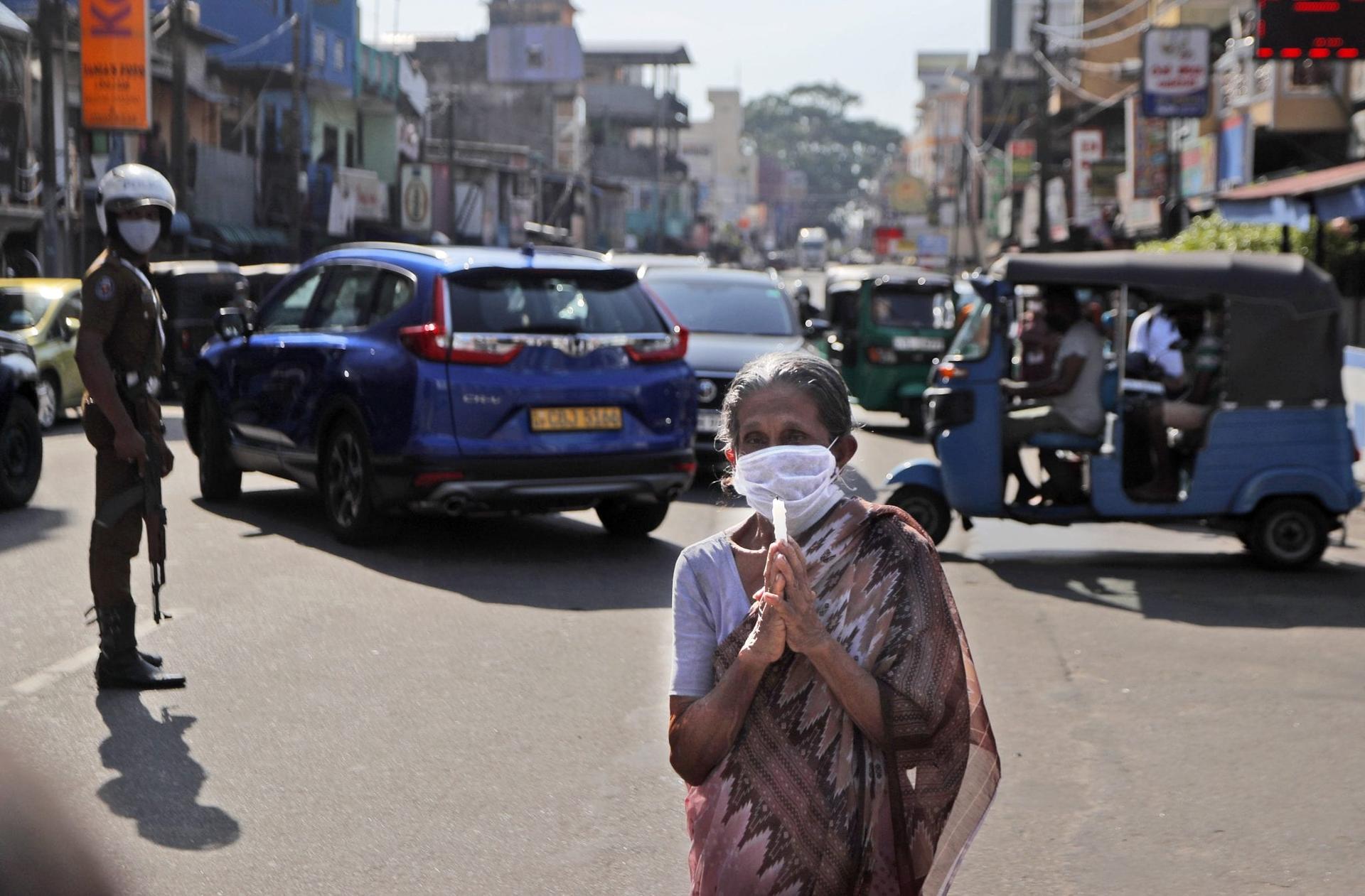ROME – An advocacy group monitoring anti-Christian persecution has warned of “grave human rights concerns” in the wake of the decisive election victory of Sri Lankan President Gotabaya Rajapaksa and his Podujana Peramuna (“People’s Front”) party on Friday.
“We are concerned by the increasing militarization and authoritarianism of the Sri Lankan government,” said Mervyn Thomas, Chief Executive of Christian Solidarity Worldwide.
“With strong Sinhalese Buddhist Nationalist support, increased powers and continued anti-Muslim rhetoric since the Easter Sunday Bombings, we are concerned that we may witness further deterioration of the rights and treatment of religious minorities within the country,” Thomas said.
“We call on the government of Sri Lanka to ensure that the human rights of all Sri Lankans are fully respected, in accordance with the country’s international legal obligations,” he said.
The People’s Party and its allies secured a two-thirds majority in Sri Lanka’s parliament, allowing Rajapaksa to govern without having to fear obstacles in the house and emboldening him to appoint his elder brother, Mahinda, a former Sri Lankan president, to the post of Prime Minister.
The brothers enjoy enormous popularity in Sri Lanka for crushing the Tamil Tiger insurgency while Mahinda was president and Gotabaya defense secretary. They’re also credited with managing the coronavirus pandemic successfully, largely containing its spread within the country.
Yet critics also fault the Rajapaksas for a checkered human rights record, and it did not inspire confidence when another brother, Basil, told media during the campaign that the People’s Front party seeks to emulate what he called the “two best parties in the world” – the right-wing Hindu nationalist BJP in India, and the Communist Party in China.
Even the fight against the coronavirus, according to critics, has been politicized. Ob April 1, the Police Media Division in Sri Lanka issued a media letter to news directors and editors stating that legal action would be taken against anyone who criticizes public officials on the grounds that it promotes disunity amid a national crisis.
Rajapaksa has also used the threat of the pandemic to create a task force for a “Secure Country, Disciplined, Virtuous and Lawful Society,” one of three such bodies created in response to the coronavirus. It’s composed exclusively of members of the police and armed forces, with only vaguely defined powers, and has no legislative oversight.
Among the multiple human rights complaints in Sri Lanka during the period of Rajapaksa rule include several incidents of anti-Christian violence and persecution.
An island nation of a little over 20 million people, Sri Lanka is 70 percent Buddhist with sizeable Hindu, Muslim and Christian minorities, with Christians forming about eight percent of the population. Most of those Christians are Roman Catholics, and after Mahinda Rajapaksa first came to power in 2005, the country’s religious minorities have faced increasing pressure.
In 2009, an Assemblies of God church was burned down and a Foursquare Gospel pastor and his wife were forced to barricade themselves in their house after a mob surrounded it shouting they wouldn’t tolerate further Christian activity in the area. One year later, another angry mob, including Buddhist monks, stormed into the house of another Foursquare Gospel pastor and threatened her and her thirteen-year-old daughter, forcing the pastor to sign a pledge not to host worship services or evangelize.
In November 2012, a group of over 200 Tamil Catholics were forced to live in a refugee camp after having been driven from their villages, blamed not only for supporting the Tamils in the country’s civil war but also for compromising the Buddhist identity of the area.
Pope Francis visited Sri Lanka in 2015, shortly after moderate challenger Mithripala Sirisena unseated Mahinda Rajapaksa for the country’s presidency. At the time the country’s Catholic minority hoped for greater breathing space, but the Sirisena presidency ended by paving the way for the Rajapaksas’ return to power.
For many Sri Lankan Christians, a definitive turning point came on Easter 2019 when a coordinated series of bombings killed nearly 300 people and injured 500 more. The bombings attacked two Catholic churches, a Protestant church, and three hotels, with most of the casualties being Catholic.
Government investigations have accused two Muslim groups inspired by the Islamic State with planning and orchestrating the attacks.
On the one-year anniversary of the attacks in April, Cardinal Malcolm Ranjith of Colombo, Sri Lanka’s capital, told Crux the country’s Christians are concerned about the integrity of the government’s response.
RELATED: A year after Easter bombings in Sri Lanka, recovery still a work in progress
“All along the history of this country, when such events happen, very often no proper inquiries were conducted, and after some time everybody forgot about these things,” Ranjith said. “Therefore, no proper justice was done or given to the people affected by these bomb blasts and other things in the past.”
In an Angelus address on Easter, Pope Francis referred to the attacks as “cruel violence.”















